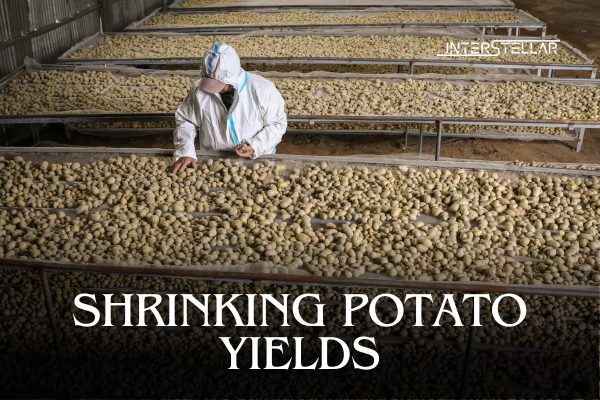Climate Change Threatens China’s Potato Yields: A Race Against Time
In a research facility in northwest Beijing, molecular biologist Li Jieping and his team are investigating how rising temperatures threaten potato production in China. Their findings reveal alarming insights into how climate change could impact food security in the coming decades.
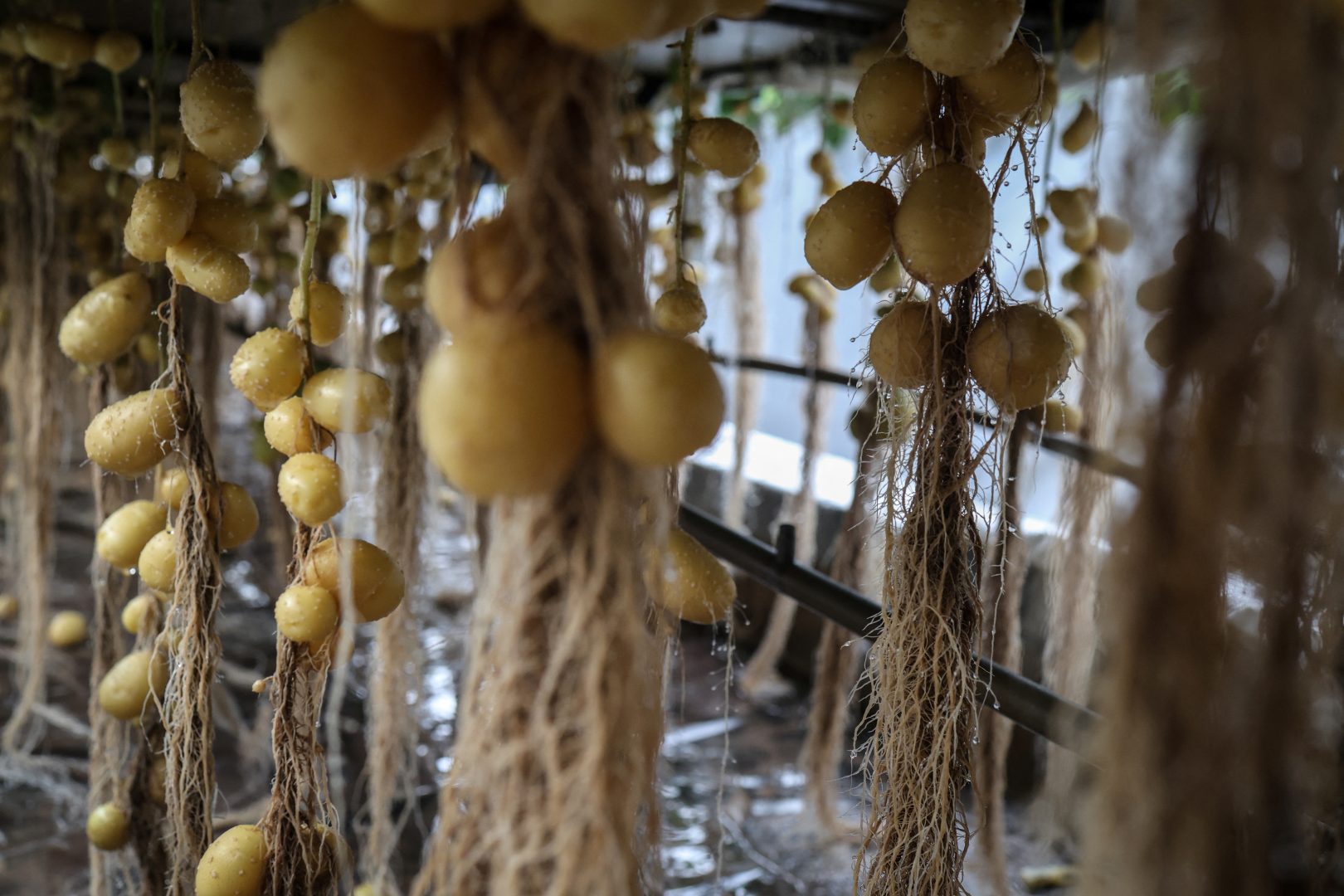
Shrinking Potatoes: A Sign of Trouble
Li’s team harvested a cluster of seven potatoes, one as small as a quail’s egg, grown under simulated high-temperature conditions. Weighing just 136 grammes, these potatoes were less than half the size of a typical Chinese variety, which often exceeds the size of a baseball.
China, the world’s largest potato producer, relies heavily on this staple for its high yields. However, potatoes are especially vulnerable to heat, making them susceptible as global temperatures rise due to climate change.
The research, published in Climate Smart Agriculture, found that just a 3°C increase in temperature reduced potato yields by over 50%. Although higher temperatures sped up tuber growth by 10 days, they significantly cut productivity, underscoring the challenges farmers face.
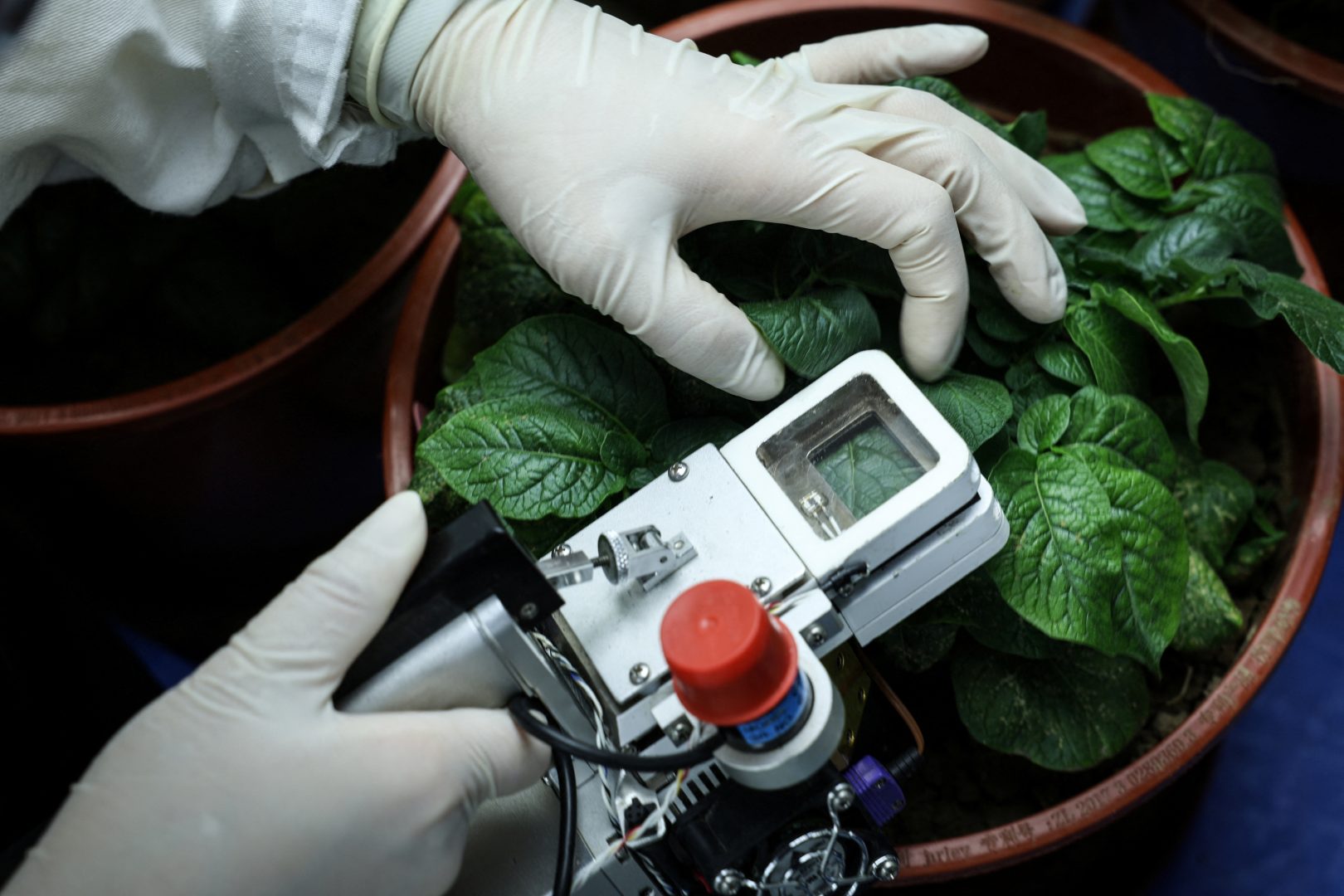
The Growing Impact of Extreme Weather
Farmers in regions like Inner Mongolia already feel the effects of climate change. Intense rainfall has delayed harvests and created logistical issues, according to farm manager Wang Shiyi. These challenges mirror predictions of wetter and warmer climates under current global climate policies, which could lead to a 3.1°C rise in temperatures by 2100, according to the United Nations.
Meanwhile, new strains of late blight, a devastating disease that thrives in humid conditions, are becoming more resistant to traditional control methods. This adds another layer of complexity for farmers struggling to adapt.
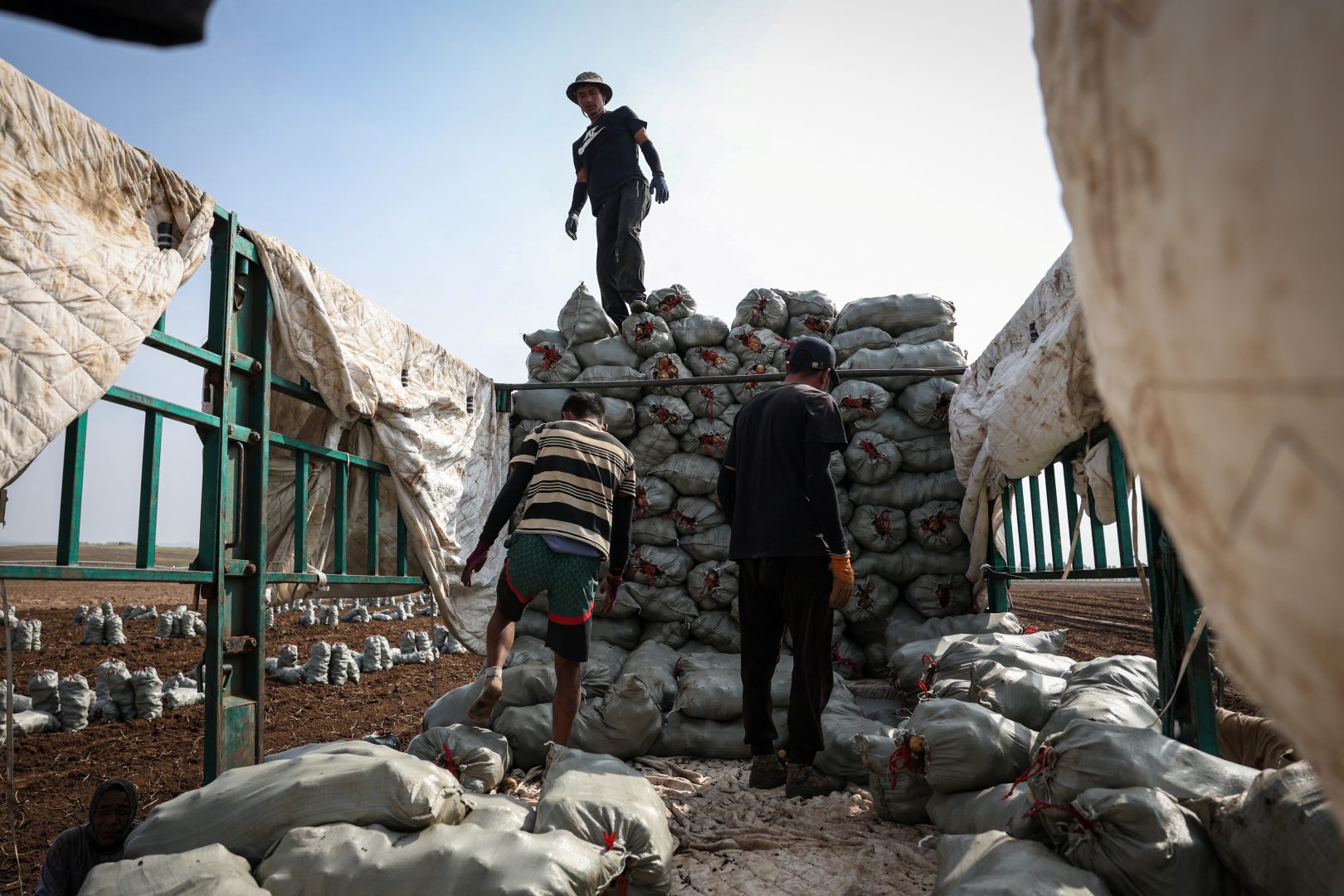
Adapting Through Innovation
In response, researchers and businesses are exploring innovative solutions. Li’s team at the International Potato Center (CIP) in Beijing collaborates with the Chinese government to develop heat-tolerant potato varieties. In their greenhouse, workers manually pollinate potato flowers to create resilient strains.
Farmers are also turning to advanced farming techniques. In Inner Mongolia, Yakeshi Senfeng Potato Industry Company has invested in aeroponic systems, where potato plants grow without soil. These systems aim to produce disease-resistant and high-yielding varieties, reducing the risks posed by late blight and extreme weather.
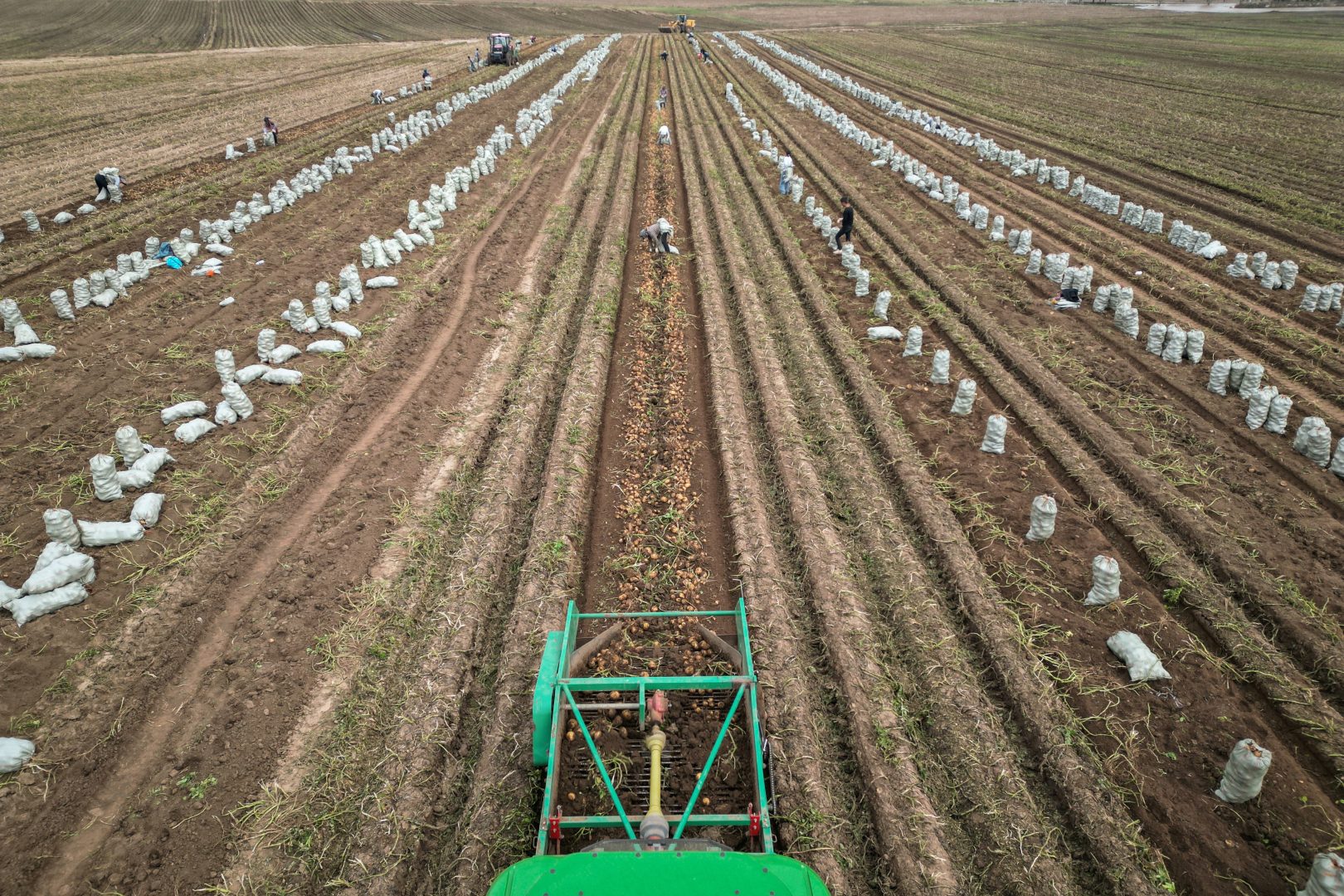
A Call for Urgent Action
Li emphasises that Chinese farmers must adapt within the next decade to minimise the effects of climate change. Strategies include shifting planting seasons to spring or moving crops to higher altitudes. The collaborative international effort led by CIP highlights the urgency of developing solutions before severe yield losses take hold.
“The reality is climate change is happening,” Li warns, urging swift action to protect food security in China and beyond.
With inputs from Reuters




